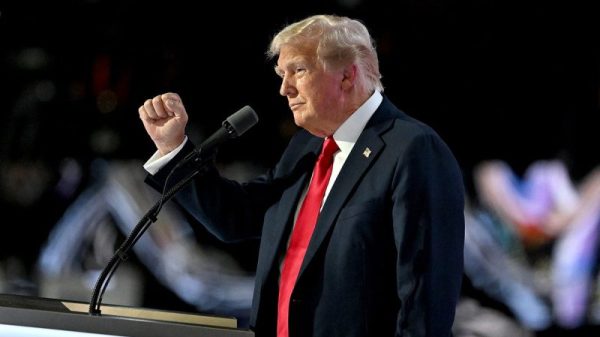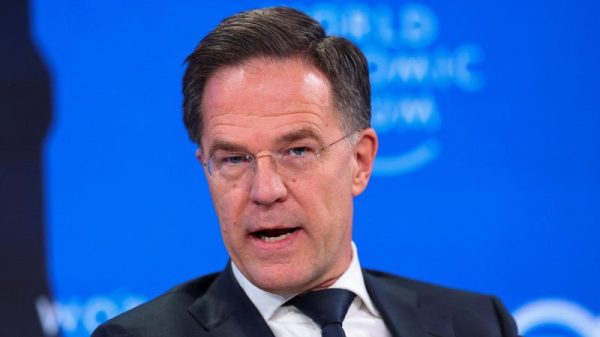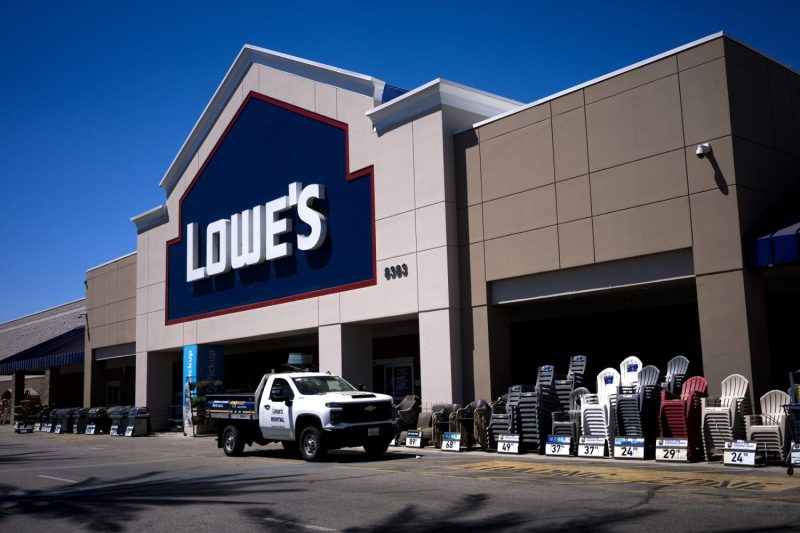Lowes Becomes Latest Company to Dial Back DEI Efforts Aimed at LGBTQ Groups
Lowes, the well-known home improvement retailer, has recently come under scrutiny for its decision to scale back Diversity, Equity, and Inclusion (DEI) efforts focused on LGBTQ groups. This move by Lowes reflects a broader trend among companies that have faced backlash or pressure from certain stakeholders when implementing initiatives related to diversity and inclusion.
The decision made by Lowes to dial back DEI efforts targeted at LGBTQ groups raises important questions about corporate responsibility, inclusion, and the treatment of marginalized communities within the workplace. Despite the increasing acceptance and support for LGBTQ rights in society, many companies still struggle to create truly inclusive environments for their LGBTQ employees.
The move by Lowes may be seen as a step backward in the ongoing journey towards creating a more equitable and inclusive workplace. DEI initiatives play a crucial role in fostering diversity and creating environments where all employees, regardless of their sexual orientation or gender identity, feel valued and respected.
One of the key arguments often cited by companies like Lowes when scaling back DEI efforts is the concern that such initiatives may be seen as preferential treatment or discrimination against other groups. However, it is essential to recognize that DEI efforts are not about giving preferential treatment but ensuring equal opportunities and representation for all individuals, including those from marginalized communities.
Moreover, by dialing back DEI efforts aimed at LGBTQ groups, companies like Lowes risk sending a message that they are not fully committed to creating inclusive and welcoming environments for all employees. This can have negative repercussions on the morale, engagement, and retention of LGBTQ employees, who may not feel supported or valued within the organization.
In a rapidly changing social and cultural landscape, it is imperative for companies to demonstrate their commitment to DEI principles and practices, including those specifically addressing LGBTQ inclusion. By fostering an inclusive workplace where diversity is celebrated and all employees are empowered to bring their authentic selves to work, companies can create a more positive and productive environment for everyone.
As companies navigate the complexities of DEI initiatives, it is crucial to strike a balance between promoting diversity and inclusion without alienating other groups. By embracing a holistic approach to DEI that acknowledges the unique challenges and experiences of different communities, companies can create environments that are welcoming, supportive, and empowering for all employees.
In conclusion, Lowes’ decision to scale back DEI efforts targeted at LGBTQ groups highlights the ongoing challenges that many companies face in creating inclusive workplaces. While there may be concerns about the perceived impact of DEI initiatives, it is crucial for companies to prioritize diversity, equity, and inclusion to create environments where all employees feel respected and valued. By continuing to champion DEI efforts, companies can play a vital role in promoting equality, respect, and understanding within their organizations and beyond.






















